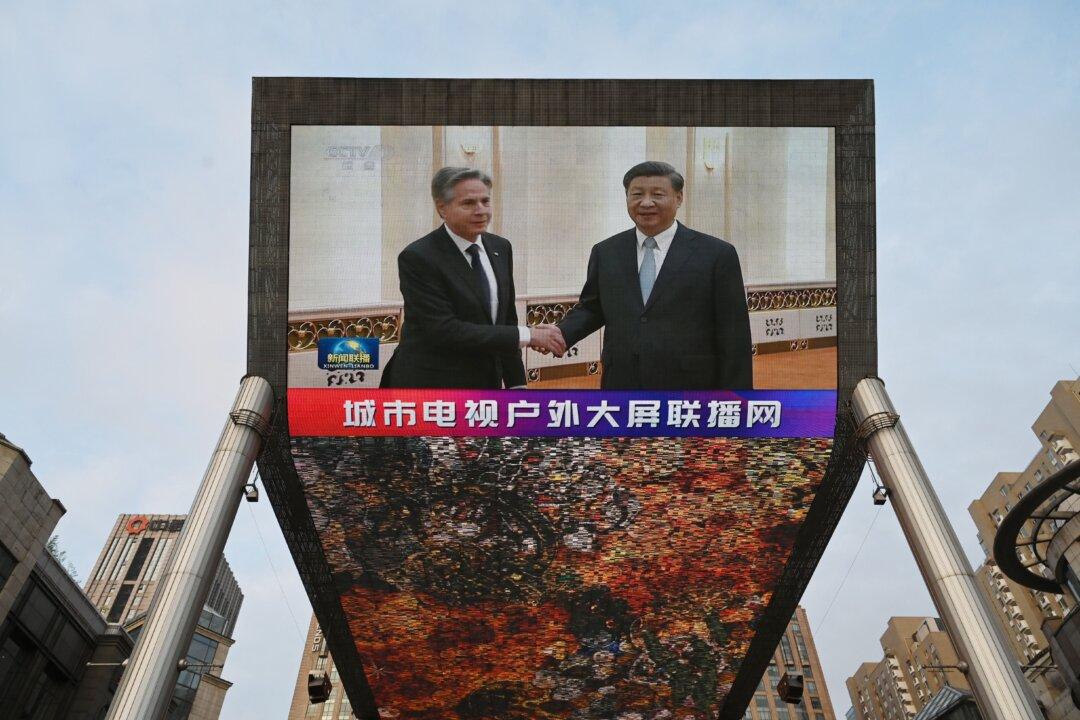The harsh repression of ethnic Uyghurs in China’s far western Xinjiang region continues even after the United States and other countries recognized the atrocities as genocide, according to Salih Hudayar, the prime minister of the East Turkistan government-in-exile.
According to estimates by researchers, the Chinese regime has detained more than one million Uyghurs and other ethnic minorities in internment camps in Xinjiang, where they are subjected to torture, rape, forced labor, and political indoctrination by the Chinese Communist Party (CCP).
“But sadly, it hasn’t been enough to stop the genocide,” he noted, saying, “The Chinese government continues to carry out genocide, even in 2023. It continues to deny the fact that it’s carrying out genocide,” he added.
Hudayar said that despite the CCP’s lifting of its strict “zero-COVID” policies nationwide, the situation in Xinjiang remains unchanged.
“Sadly, the Chinese government, although officially stated that it has ended the quarantines and it has ended the zero COVID draconian policies, you still see them continuing to build so-called quarantine facilities and internment camps across the deserts of East Turkistan,” he said.
“So nothing has changed when it comes to the Uighurs. The genocide continues, the Chinese government’s manipulation, its lies continue,” he added.
The advocated believes the legislation is not strong enough to end the practice of forced labor.
“We need to understand that it’s not just in East Turkistan [Xinjiang], the Chinese government is relocating Uyghurs in mass, forcibly relocating them to other provinces in China, where they’re continuing to be used as slave labor,” he said.
To effectively put an end to forced labor in Xinjiang, the advocate suggested “legislation that would essentially ban all products made in China.”
“This is the only way that we can stop the forced labor until China stops the genocide—until they can allow independent investigators to go into China to go into East Turkistan, to confirm that it’s not using it,” he said.
Population Decline
As Chinese officials reported China’s first annual population fall in decades, the regime’s genocide of the ethnic Uyghurs has contributed significantly to the decline, according to Hudayar.Per a release by the country’s National Bureau of Statistics (NBS), the Chinese population declined by roughly 850,000 people to a total of 1.41175 billion in 2022. This is the first annual population decline in China officially reported since 1961—the last year of the country’s Great Famine.
The Uyghurs’ population decline makes up a substantial portion of that figure, Hudayar said. “Since 2017, our population growth has plummeted in some areas to 0% because of the Chinese government’s forced sterilization, forced marriages policy, and mass internment policy.”
As a result of these interconnected policies, growth rates in Uyghur-concentrated areas are increasingly approaching zero, the report stated.




